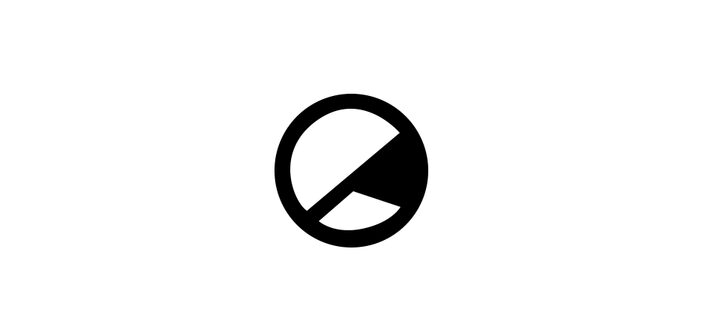A sensitive, skillful exploration of grief and the human experience.
-
10
On 22nd November 1963, President John F. Kennedy, was assassinated. This has become one of the most iconic historical events in American history, and has spawned a number of complex conspiracy theories, together with masses of documentaries and films, of variable quality. Everyone knows the fuzzy black and white picture taken moments after the tragedy, but what about the people in it?
Cue Pablo Larraín’s Jackie. With no solid chronological narrative, the film instead follows the thread of Jackie Kennedy’s emotional journey of grief in the week after the assassination, as she battles with publicity, security concerns, and how to give her husband the grand funeral she feels he deserves. The universal struggles of faith, loss, and legacy are explored masterfully, and in depth, yet the intimate focus remains on Jackie’s personal experience.
The timeline seems to make no sense yet, to a grieving mind, not much does. Jackie is traumatised, paranoid, and this feeling of confusion and anxiety is captured beautifully in Stéphan Fontaine’s claustrophobic cinematography, as the camera keeps her central in most frames, with a restlessness juxtaposed at times with eerie stillness. This jarring, chaotic quality draws us exquisitely into the inner turmoil of Jackie’s complex and grieving mind, and this is exacerbated by Mica Levi’s Oscar-nominated original score.
From the first note, the score overwhelms with a sense of unease, which is continued throughout the film, so much so that at times I wanted to leave what was suddenly a too small theatre as my fight or flight response kicked in. But it never dominates; its warped chords and wobbling strings are instead the perfect pair to Natalie Portman’s suffocating anxiety in her performance as Jackie.
Although surrounded by talent, including the late, great John Hurt in his final role, Portman makes this film her masterpiece. Her Oscar nomination for best actress is well deserved – although her, albeit accurate, impression of Jackie’s iconic Long Island accent shocks at first, it does not take long before this is overshadowed by her fluent performance. Her artful exploration of the grief of a woman who must remain stoic for the cameras is as stunning and complex as it is natural, and soon Portman is Jackie.
But who is Jackie Kennedy? Larraín also grapples with the difference between political image and the person behind it, and makes Jackie’s humanity the focus, moving past her position as an American icon. The film seamlessly integrates fuzzy archive footage, like the Kennedy funeral parade, into the film, achieved so faultlessly with the use of a 16mm lens and, in some scenes, a vintage camera, in order to match the textures of the original footage. This also has the effect of overlapping the historical fact with the film’s fiction, and so we are reminded that behind the image, behind the façade that politicians and celebrities are forced to hold before the media, there is someone like Jackie, someone human, with all the flaws and feelings that come with it, and that archive footage only scratches the surface, just as today’s many media outlets do.
The last of Jackie’s three Oscar nominations is for Madeleine Fontaine’s stunning costume design. The sheer attention to detail in Jackie’s iconic dresses is astounding, as is the authentic feel of the set they created for the White House of Kennedy’s presidency. The film emanates the feeling of 1960s America, yet the characters never feel distant. Instead, its historical accuracy in its visuals serve to give a sense of realness and humanity to the iconic people it explores.
For me, it is a tragedy that this film did not also gain a nomination for Best Film. As the credits rolled, I felt numb with Jackie’s heartache, yet superbly exhilarated by the film’s sheer brilliance and dexterity in dealing with such heavy themes, the subtle artistry of Portman’s performance, and Fontaine’s skillful, subtle, and stunning cinematography. Among so many outstanding films, such as La La Land and Hidden Figures, it may seem easy to overlook this film as just another biopic. I sincerely hope you do not. It is anything but simple, and while you may leave the cinema with a little less lust for life, your love for all things cinema is sure to burn just a little brighter.
Jackie (2016), directed by Pablo Larraín, is distributed by FOX Searchlight. Certificate 15.




